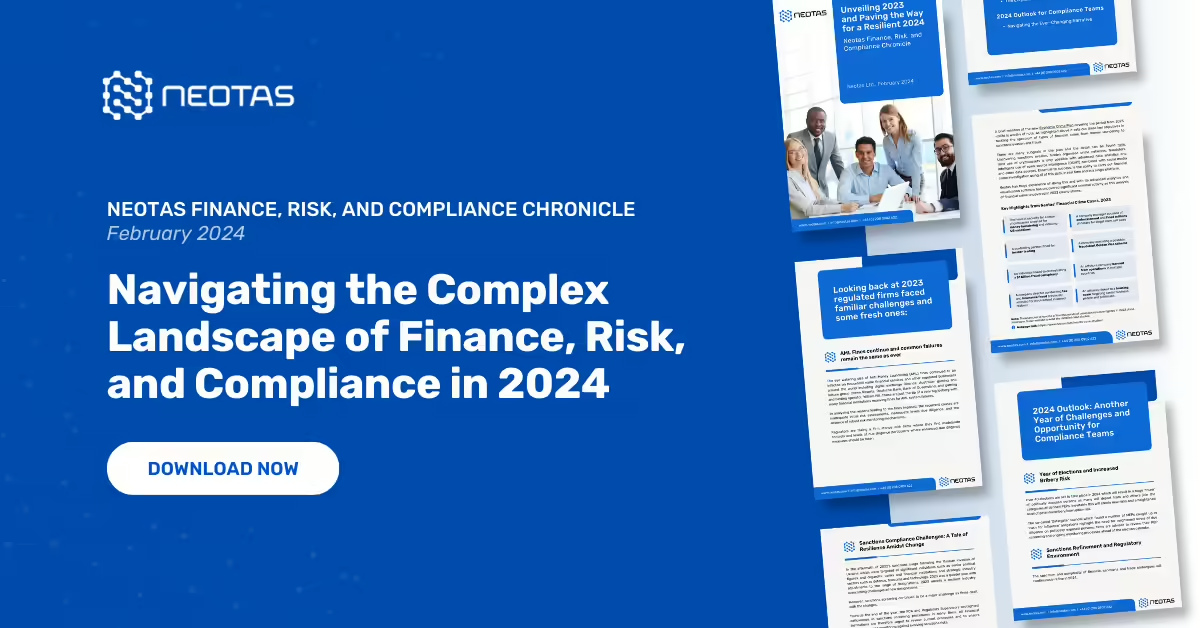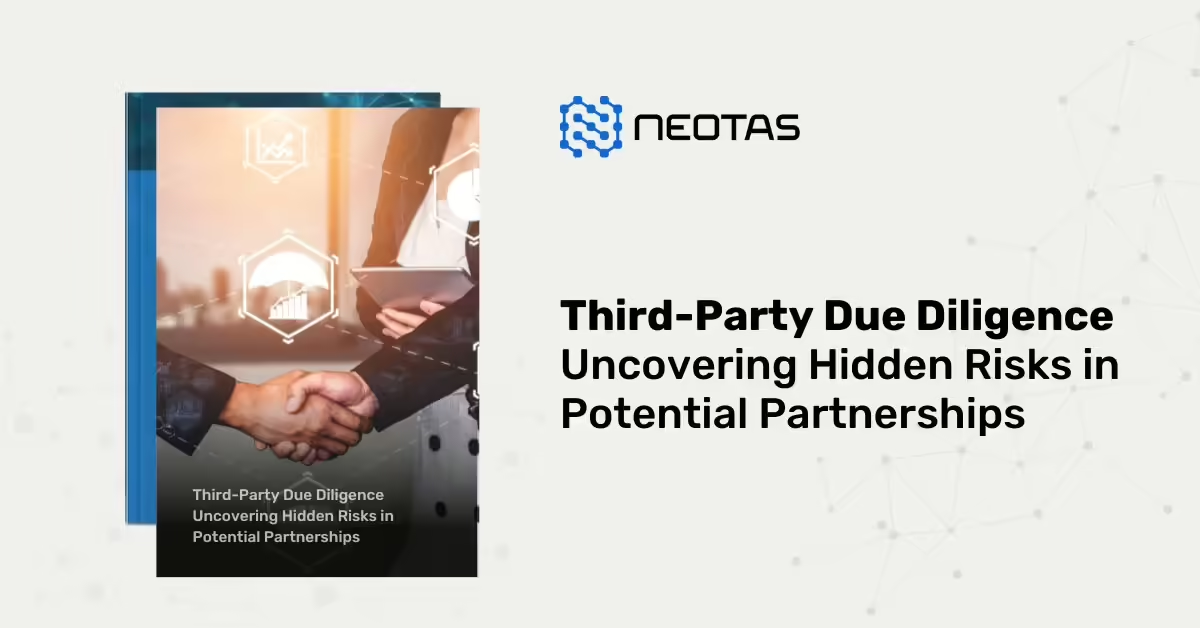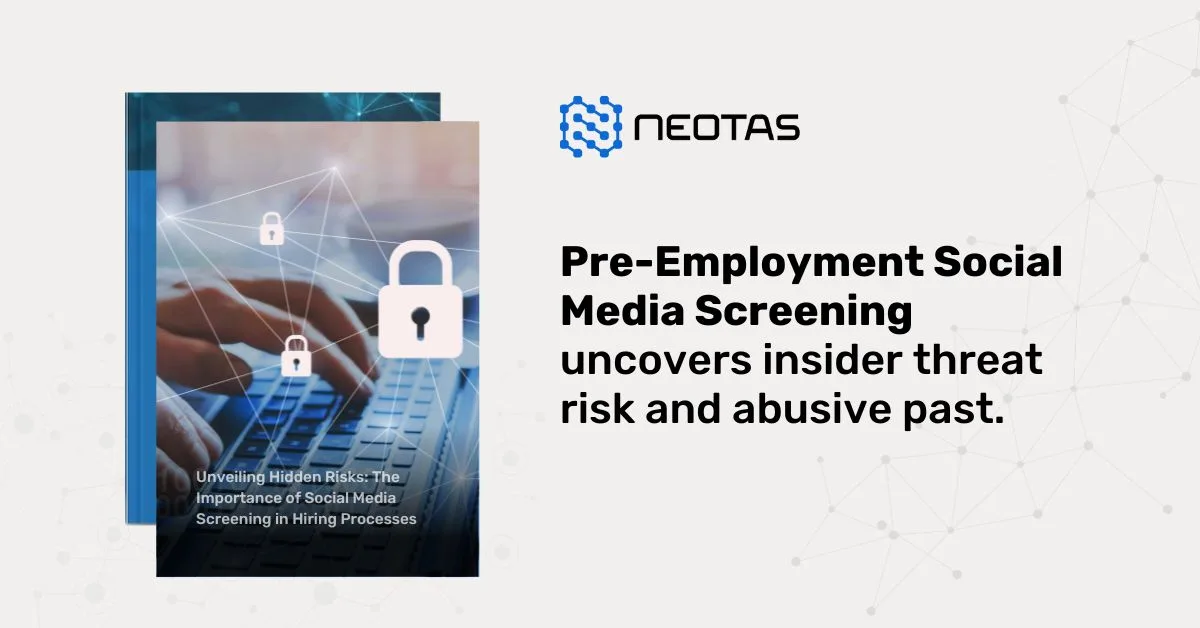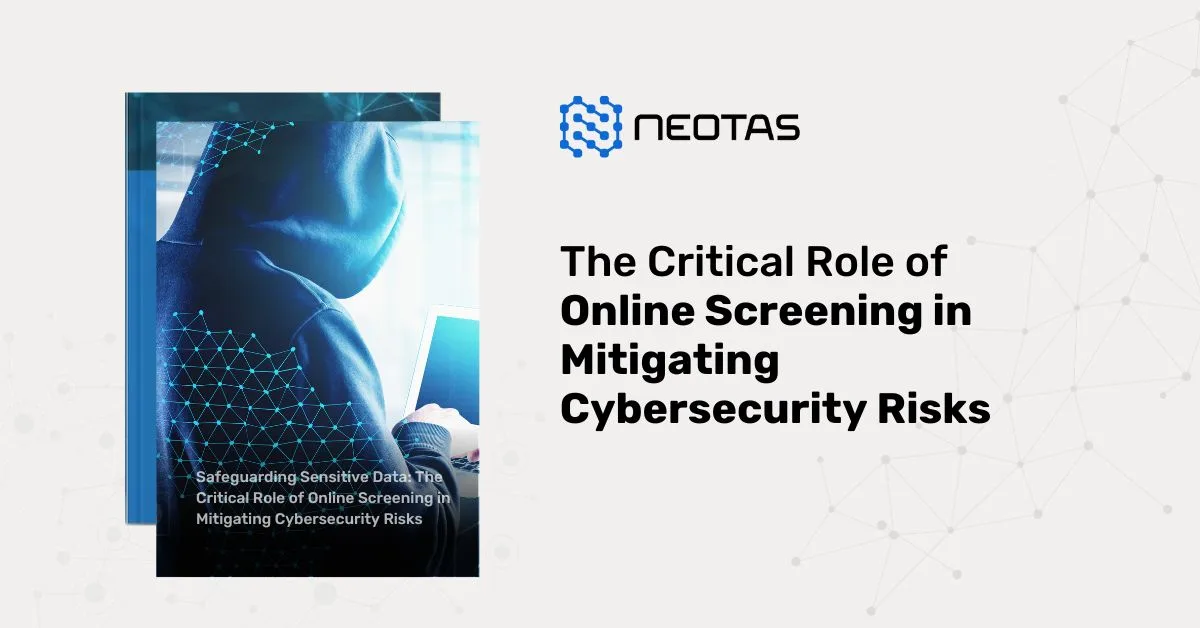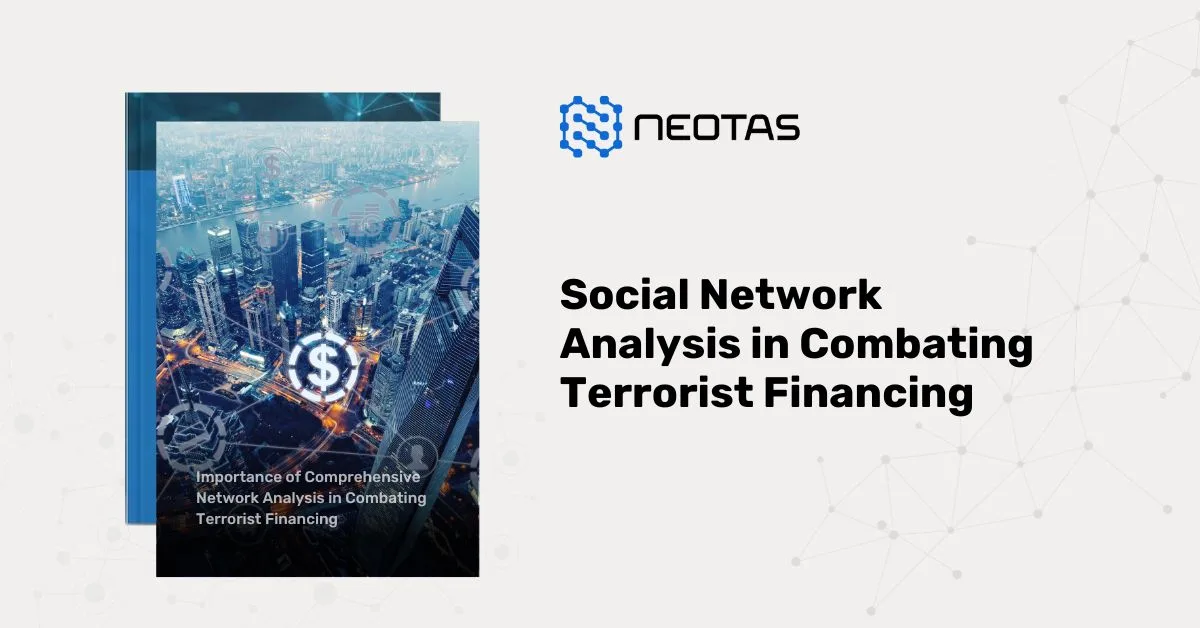Consequences of Not Conducting Enhanced Due Diligence
Failing to conduct enhanced due diligence (EDD) when it is warranted can have serious consequences for an organization. Here are some of the key potential consequences:
Legal and Regulatory Penalties:
Many industries, such as finance, banking, and government contracting, have strict regulations that mandate the use of EDD in certain situations. Failure to comply with these regulations can result in significant fines, legal penalties, and even criminal charges for the organization and its leadership.
For example, financial institutions that fail to conduct proper EDD on high-risk clients may face hefty penalties from regulatory bodies like the Financial Crimes Enforcement Network (FinCEN) or the Securities and Exchange Commission (SEC) for violations of anti-money laundering (AML) or know-your-customer (KYC) regulations.
Reputational Damage:
The failure to identify and mitigate risks through EDD can lead to major reputational damage if the organization becomes embroiled in a scandal or high-profile incident. This can erode public trust, damage brand reputation, and make it difficult to attract and retain clients, partners, and employees.
Reputational damage can be particularly devastating for organizations that rely heavily on their public image, such as financial institutions, consulting firms, or government contractors.
Financial Losses:
Inadequate due diligence can result in the organization entering into business relationships or transactions that ultimately result in significant financial losses. This can include losses from fraud, misappropriation of assets, legal liabilities, or other adverse outcomes that could have been identified and mitigated through a thorough EDD process.
In the case of mergers and acquisitions, a failure to conduct comprehensive EDD can lead to the acquisition of a target company with undisclosed liabilities or risks, resulting in substantial financial and operational challenges for the acquiring organization.
Operational Disruptions:
Insufficient due diligence can lead to the organization engaging with parties that disrupt its operations, such as suppliers, partners, or clients that fail to meet contractual obligations or engage in unethical or illegal practices.
This can result in supply chain disruptions, project delays, or other operational challenges that can significantly impact the organization’s ability to function effectively.
Compliance Failures:
Lack of EDD can lead to the organization failing to comply with various laws, regulations, and industry standards, resulting in further legal and regulatory consequences, as well as potential reputational damage.
This is particularly relevant in industries with strict compliance requirements, such as financial services, healthcare, or government contracting.
To mitigate these consequences, organizations must prioritize the implementation of a robust EDD process, ensuring that it is tailored to the specific risks and regulatory environment in which they operate. By conducting thorough EDD, organizations can make more informed decisions, protect themselves from potential liabilities, and maintain their reputation and competitive edge in the market.


 Financial Crime Compliance Trends 2024
Financial Crime Compliance Trends 2024